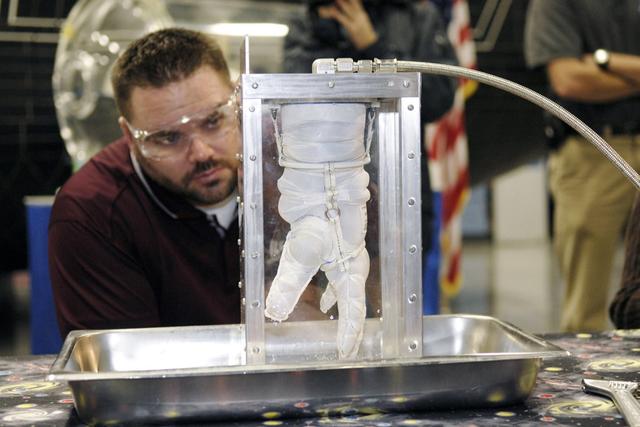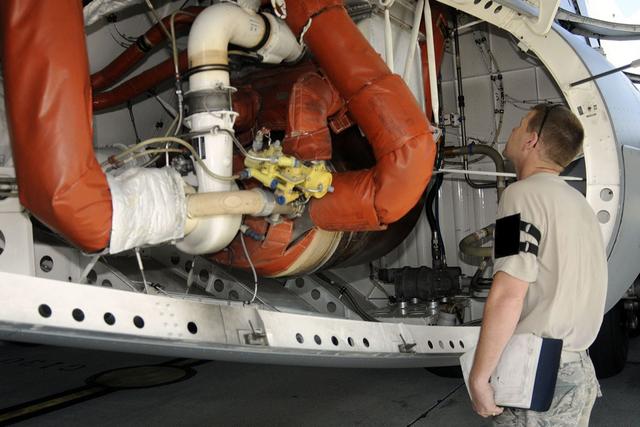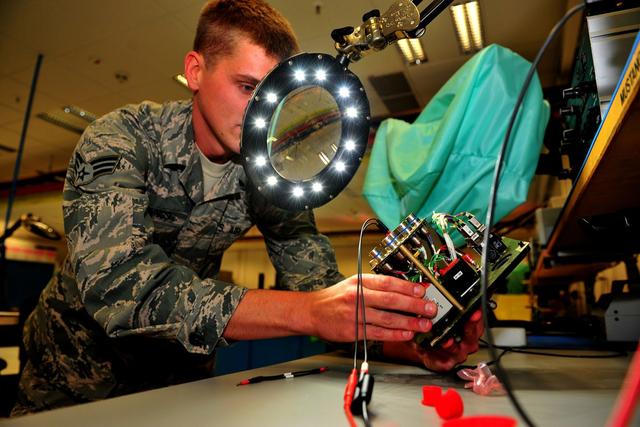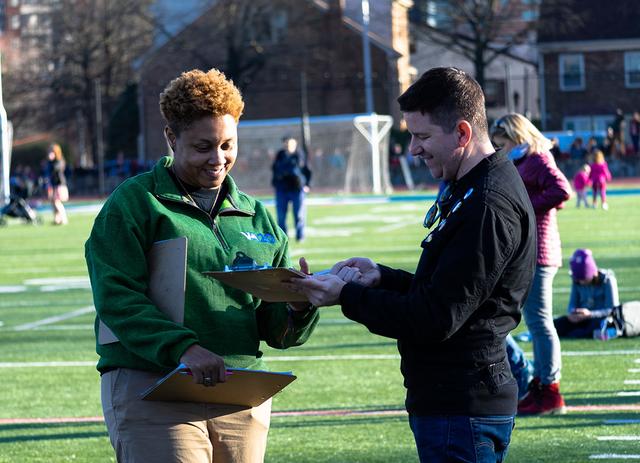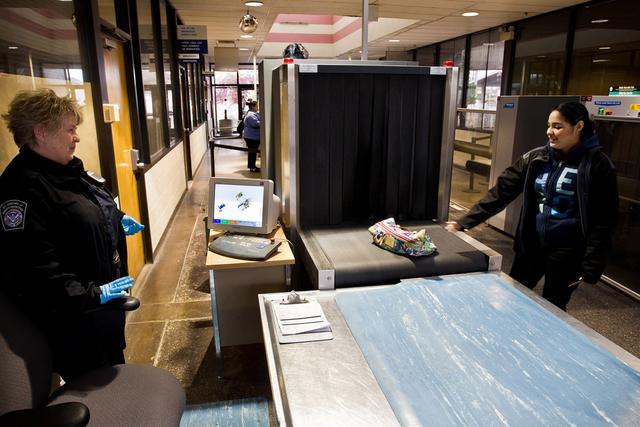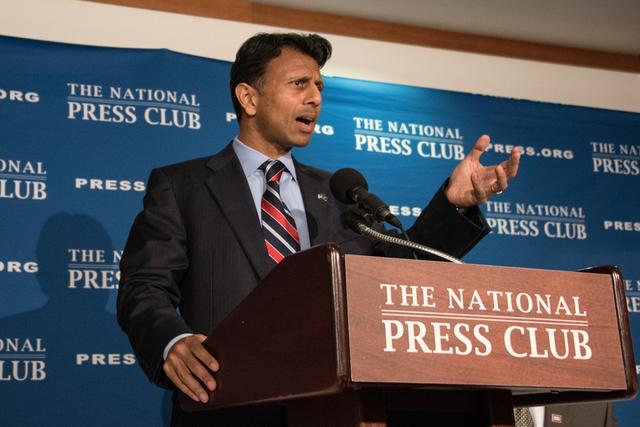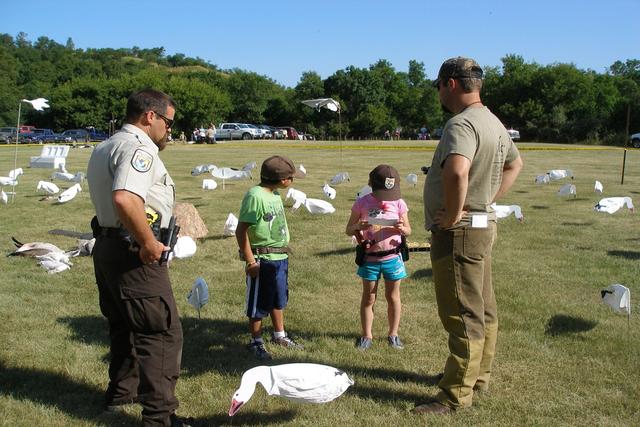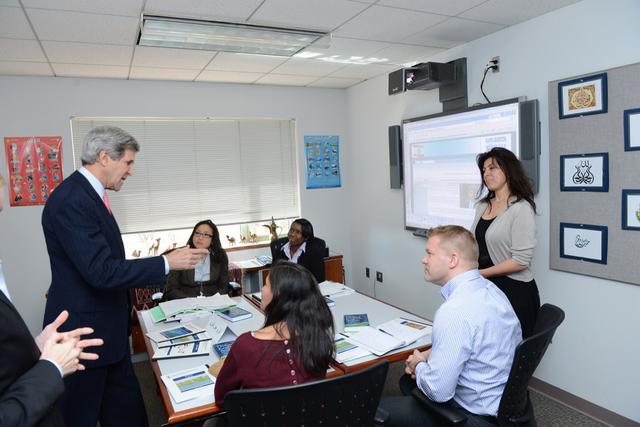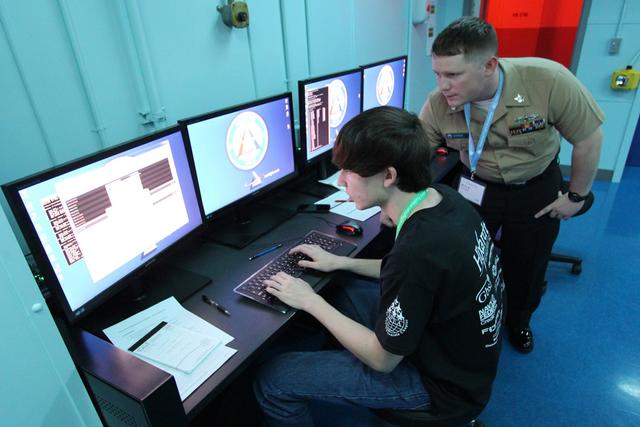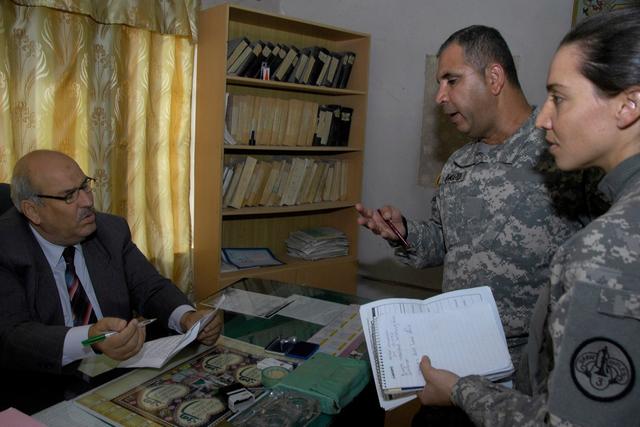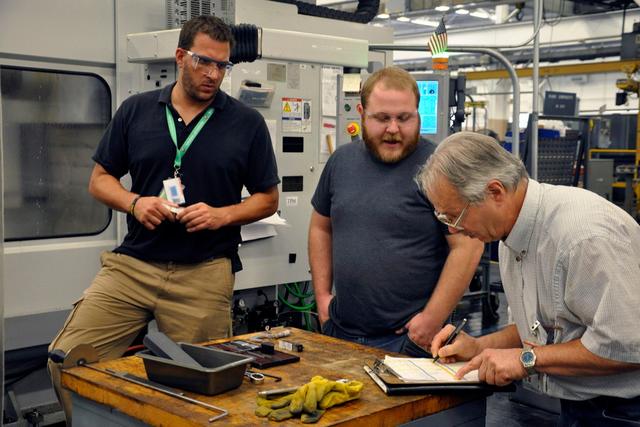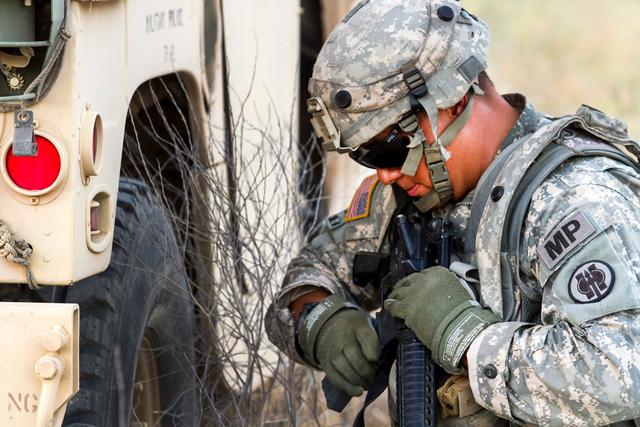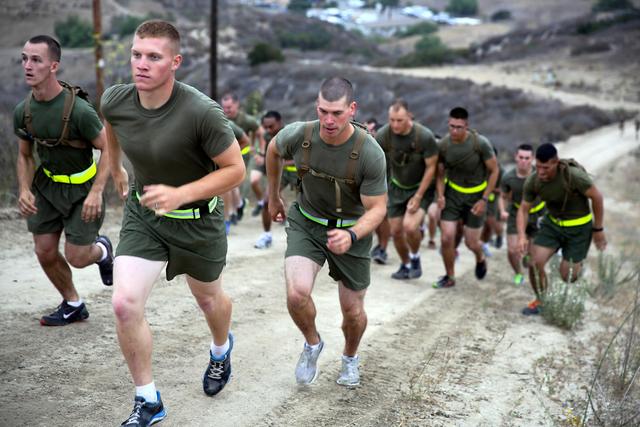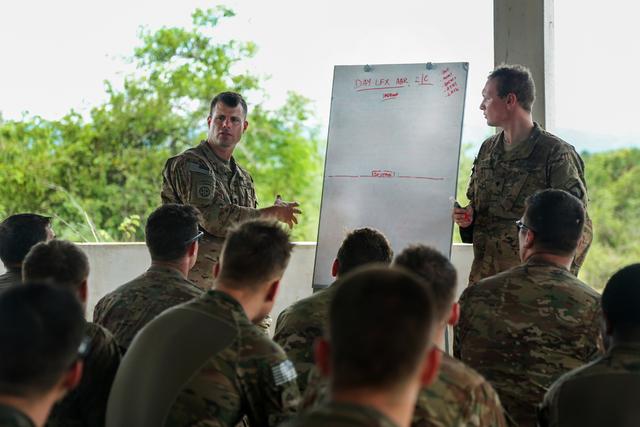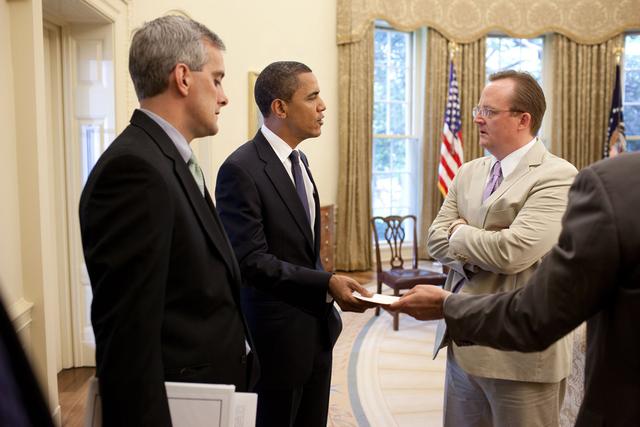Military Recruiters
Overview

Introduction
Military recruiters, sometimes known as recruiting specialists, provide information regarding service, training, and career opportunities to people interested in joining a branch of the military. They represent the military at job fairs and career programs, and with community and school groups. Their duties include interviewing, screening, testing, and counseling possible candidates. Recruiting managers direct recruiters, plan recruiting programs, and prepare reports for commanders that detail the progress of their...
Quick Facts
Median Salary
Employment Prospects
Minimum Education Level
Experience
Skills
Personality Traits
Earnings
The U.S. Congress sets the pay scales for the military after hearing recommendations from the president. The pay for equivalent grades is the same in all services; anyone with a grade of E-4, for example, will have the same basic pay whether in the Army, Navy, Marines, Air Force, or Coast Guard.
In 2020, enlisted personnel at the E-2 paygrade level, with more than two years experience, h...
Work Environment
Much of a recruiters work is done in an office setting, such as a local recruiting office. They often travel to different locations, especially when making presentations at high schools or college campuses, or staffing a booth at a local job fair. Recruiters can expect to work some evening or weekend hours to accommodate candidates needs, or the needs of their families.
Outlook
Employment in the armed forces is expected to be very good for all occupations through 2028, according to the U.S. Department of Labor. When the economy is stable and/or during times of war, more people pursue employment in the civilian workforce, which creates additional opportunities in the military. The drawdown from recent conflicts is expected to reduce the number of active-duty personnel,...

